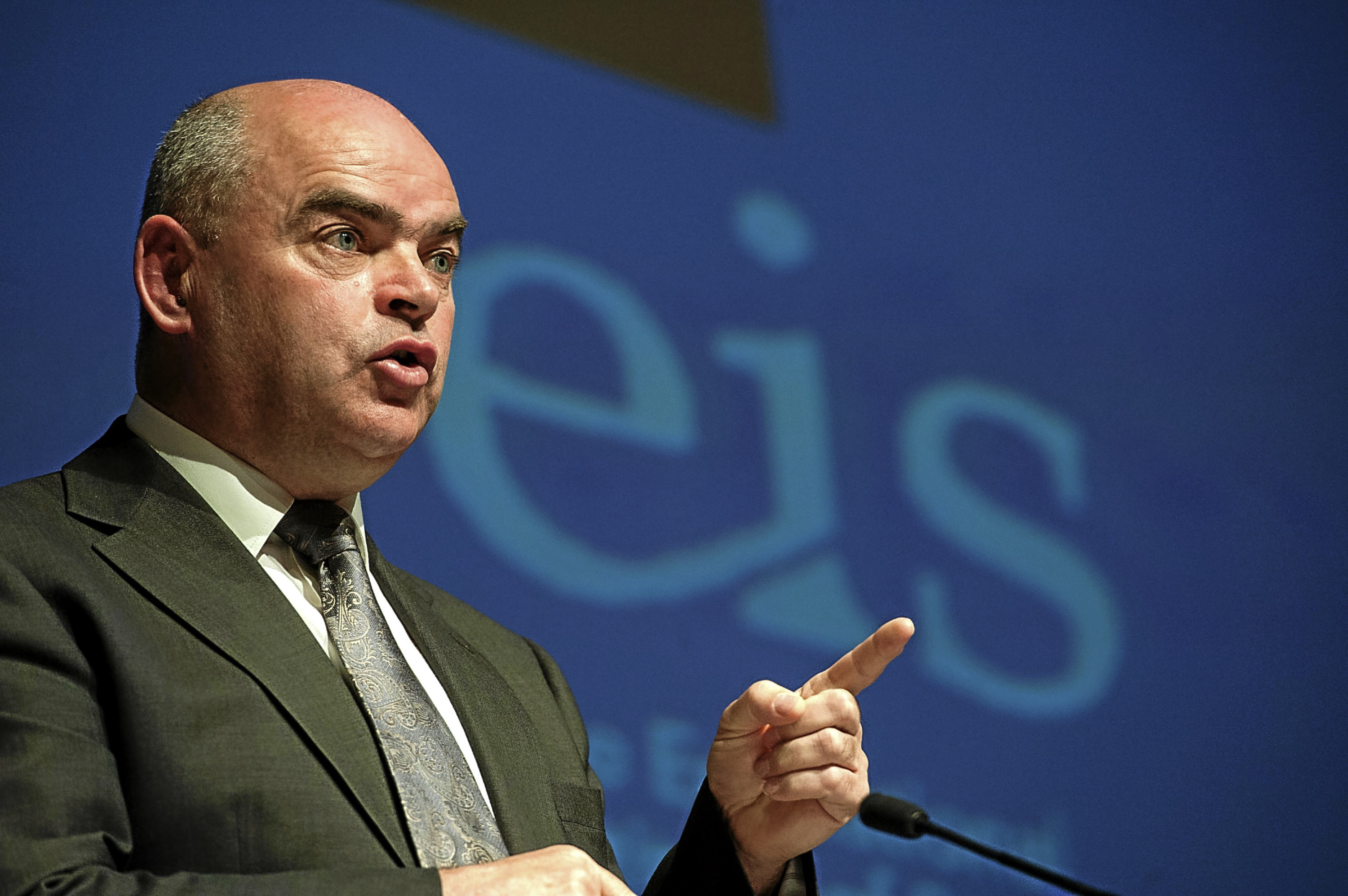Imagine going to school to get a break from teachers. Welcome to my world growing up.
Joking aside, having parents who spent their lives educating others means I know it is not the 9am until 3.30pm skive some critics would have you believe.
Sure, the holidays are great, but almost every professional spends at least a couple of days in school towards the end of each break setting up for the term ahead.
So there is no shortage of sympathy in these parts when teachers say they are overworked and struggling to cope.
But I’m pretty sure that won’t translate out into the real world, particularly when everyone is stretched and struggling in the tail winds of the age of austerity.
Why, then, is the county’s largest teaching union, the Educational Institute of Scotland (EIS), balloting on industrial action on exactly this point?
There is no shortage of issues it could pick up on.
In 2007, there were 52,446 teachers in Scotland.
According to the latest Scottish Government statistics that had plummeted to 48,395 by 2015.
Pupil-teacher ratios have worsened across primary, secondary and special over the same period.
A primary school in Dundee has had to function with four fewer teachers than its full compliment.
All of these are root causes for teachers feeling overworked, but crucially for a public perception they also impact on children’s ability to learn.
When you consider the fact Nicola Sturgeon is clearly not in the mood to mess about when it comes to reforming the education sector, getting the public on your side is key.
As she addressed MSPs on her programme for government, the First Minister said: “Over the next few months, we will convene a major summit on school reform and raising attainment – it will bring together all the key stakeholders in education to look at what each of us can do to help raise attainment and how collectively we drive this work forward.
“We will invite party leaders and education spokespeople to attend.
“We will work hard to build consensus and partnership.
“What we will not do, though, is allow the search for consensus to result in inertia or in the lowest common denominator for action.
“We intend to be bold and to move forward with purpose and with pace.”
Those last two sentences are key.
Making clear she will reject “inertia” fires a shot across the bow of not only the trade unions but of Scotland’s councils, which she seems determined to leave out the loop as much as possible.
Moving “forward with purpose and with pace” means this is happening quickly, so if you’re not on board there’s not a lot of time to oppose anything.
Larry Flanagan, the general secretary of the EIS, has said he is “certain” teachers will support a work to rule, where suddenly 9 to 3.30 becomes the norm.
This is because, he argues, of the excessive assessment demands being placed on pupils and teachers by the Scottish Qualifications Authority.
He said: “Teachers do not take industrial action lightly, and have shown a great deal of patience while waiting for the issue of excessive assessment workload to be addressed.
“However, now that talks have concluded without resolution, teachers’ patience is at an end and the EIS has decided to move forward with this ballot on industrial action.”
Teachers have a history of doing well through tough but sensible negotiating tactics.
For evidence of this, cast your mind back to the original McCrone deal or dust off the memory and go a bit further back to the 1984-86 dispute with Margaret Thatcher’s government, when almost 15 million pupil days were lost in the pay row.
Crucially, in the latter case in particular, people could be convinced of the reasons for severe action.
Now that’s not so clear. The EIS has given the Scottish Government an easy way out by focusing on the symptom, not the cause of what’s harming teachers.
John Swinney, the new Education Secretary, is an experienced and talented negotiator.
Does anyone really think he’s going to be defeated around the table when union bosses are trying to convince a sceptical public their members are working too hard?
Times are extremely tough for teachers and they should be shouting loudly. But you have to pick the right battles if you actually want to win.
